Top 10 Tech Innovations to Watch in 2025

Introduction
The year 2025 is shaping up to be a monumental one for technology. With each passing year, we edge closer to advancements that were once relegated to the realm of science fiction. These innovations aren’t just exciting—they’re transformative, promising to reshape industries, redefine human experiences, and tackle some of the planet’s most pressing challenges. So, what’s on the horizon? Let’s dive into the top 10 tech innovations to watch in 2025.
The Top 10 Innovations
-
Artificial Intelligence-Powered Automation
AI continues to evolve, becoming an integral part of our lives. By 2025, expect AI to expand into areas like healthcare, education, and customer service.
Expanding the Scope of AI in Daily Life
From AI assistants that predict your needs to algorithms that drive efficiency in businesses, automation will simplify everyday tasks like never before.
AI Transforming Healthcare and Education
Imagine AI diagnosing diseases with pinpoint accuracy or personalizing learning paths for students. The potential is immense, and the groundwork is already being laid.
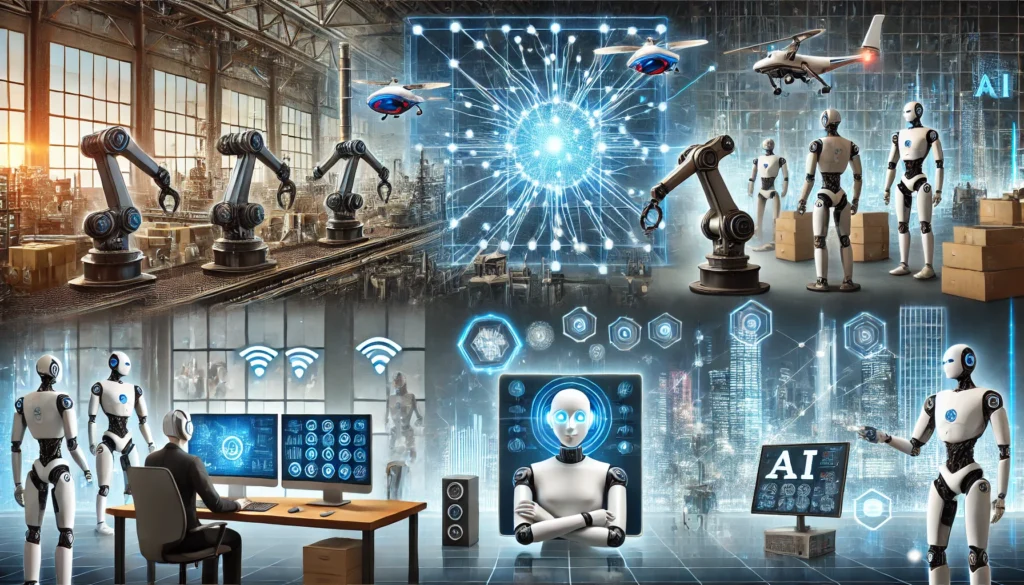
-
Quantum Computing Breakthroughs
Quantum computing is no longer theoretical; it’s becoming a reality. The pace of development suggests major breakthroughs by 2025.
Solving Complex Problems Faster
Quantum computers promise to tackle problems traditional systems can’t handle, from molecular modeling for drug discovery to optimizing supply chains.
Impact on Cryptography and Data Security
With this power comes responsibility—quantum computing could render current encryption methods obsolete, prompting a cybersecurity revolution.
-
Advancements in Renewable Energy Technologies
Sustainability is the mantra, and renewable energy technologies are leading the charge.
Solar and Wind Energy Innovations
New materials and designs are making solar panels and wind turbines more efficient, affordable, and adaptable to various environments.
Energy Storage Breakthroughs
High-capacity batteries and alternative storage methods will ensure renewable energy can power cities even during cloudy or windless days.
-
Revolution in Space Exploration
Humanity’s fascination with the stars is taking on new dimensions, with space exploration poised to reach unprecedented heights.
Space Tourism Becomes Mainstream
By 2025, commercial space flights could become a viable option for more people, opening up the cosmos for exploration.
New Missions to the Moon and Mars
Both public and private organizations are gearing up for moon bases and manned missions to Mars, redefining what’s possible in space travel.
Extended Reality (XR) is revolutionizing how we interact with digital environments.
Merging AR, VR, and MR for Enhanced Experiences
The convergence of Augmented Reality (AR), Virtual Reality (VR), and Mixed Reality (MR) will create more immersive experiences for users.
Applications in Gaming, Education, and Business
From virtual classrooms to corporate training and next-level gaming, XR technologies are making experiences more engaging and accessible.
-
Next-Generation 6G Connectivity
If 5G amazed you, 6G will blow your mind.
Faster Data Speeds and Reliable Networks
6G will bring near-instantaneous communication, enabling technologies like holographic calling and advanced IoT networks.
How 6G Will Power the Internet of Things (IoT)
With billions of connected devices, 6G will ensure seamless integration, from smart homes to autonomous vehicles.
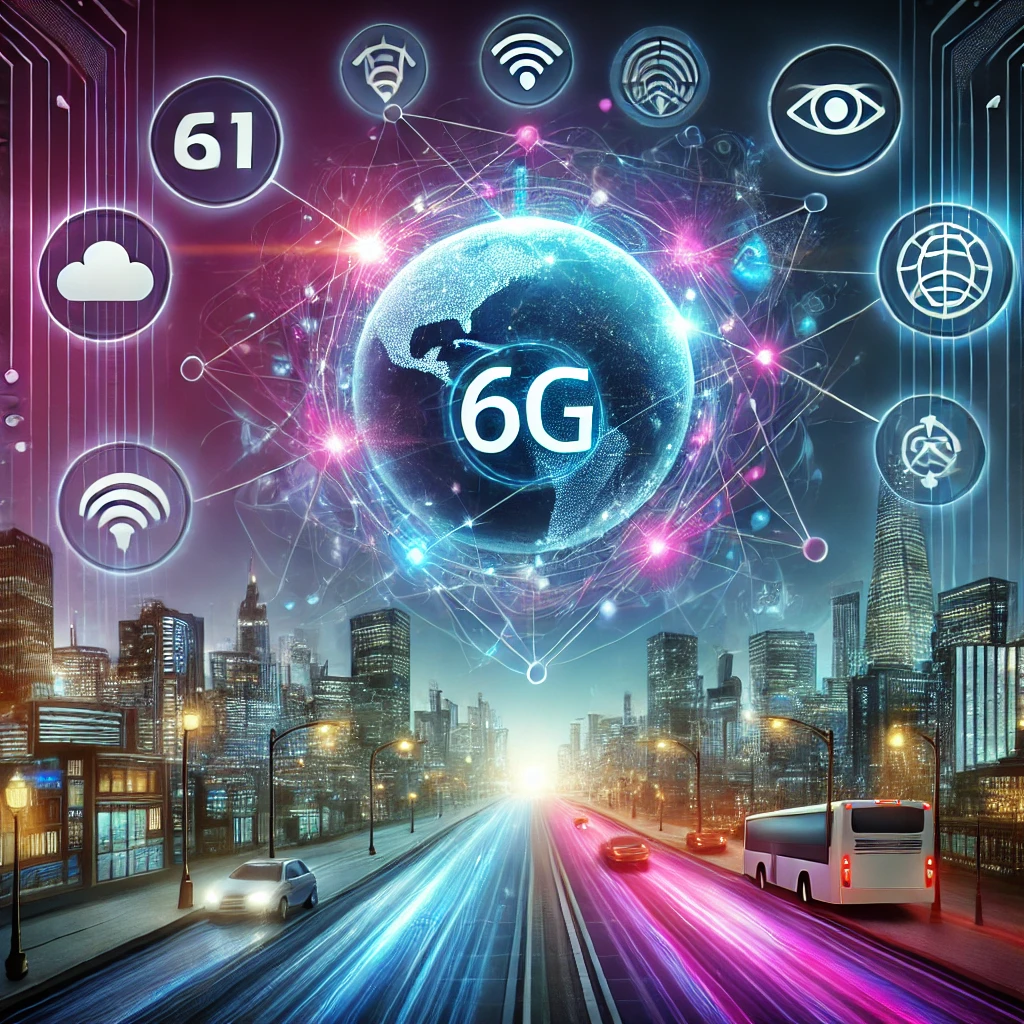
7. Biotechnological Innovations
Biotechnology is transforming the way we approach healthcare, agriculture, and environmental sustainability. The innovations in this field promise to reshape industries and improve the quality of life for millions. By 2025, biotechnological advancements will focus on personalization, precision, and sustainability.
Personalized Medicine and Genomics
One of the most exciting trends in biotechnology is the rise of personalized medicine. This approach tailors treatments to an individual’s genetic makeup, ensuring therapies are more effective and have fewer side effects.
- Decoding DNA for Precision Treatments: With advancements in genomics, doctors can use a patient’s DNA profile to predict disease risks, design targeted therapies, and even prevent illnesses before they occur.
- Cancer Treatments Revolutionized: Personalized medicine has shown great promise in oncology, where therapies like CAR-T cell treatment are designed specifically for a patient’s unique cancer cells.
Breakthroughs in Disease Treatment
Biotechnology is also opening doors to tackle diseases that were previously untreatable.
- Gene Editing with CRISPR: Tools like CRISPR-Cas9 are enabling scientists to edit genes with unprecedented precision, offering hope for curing genetic disorders like cystic fibrosis and sickle cell anemia.
- Innovative Vaccines: The rapid development of mRNA vaccines during the COVID-19 pandemic set a new standard for vaccine innovation, and similar technologies are being applied to other infectious diseases and even cancer.
Sustainable Biotech Solutions
Biotechnology isn’t just about medicine; it’s also making strides in addressing environmental challenges.
- Bioengineered Crops: Genetically modified crops are more resistant to pests, diseases, and climate extremes, helping to ensure food security for a growing global population.
- Biodegradable Materials: Advances in biotech are producing biodegradable plastics and biofuels, reducing our reliance on fossil fuels and combating pollution.
8. Autonomous Transportation Systems
Autonomous transportation systems are poised to redefine the way we move goods and people. From self-driving cars to drone deliveries, these technologies promise to enhance efficiency, safety, and sustainability. By 2025, we can expect significant advancements that bring us closer to a fully autonomous future.
Self-Driving Cars and Delivery Drones
Self-driving vehicles have been the poster child of autonomous transportation for years, and by 2025, they’re set to become more mainstream.
- Self-Driving Cars: Automakers and tech companies are perfecting autonomous driving systems. These vehicles rely on advanced sensors, AI, and machine learning to navigate roads, recognize traffic signals, and avoid obstacles.
- Benefits: Reduced accidents caused by human error, more efficient traffic flow, and lower carbon emissions due to optimized driving patterns.
- Challenges: Ensuring safety in unpredictable scenarios, gaining public trust, and navigating regulatory hurdles remain critical issues.
- Delivery Drones: Companies like Amazon and UPS are leading the charge in autonomous deliveries. Drones can deliver packages to urban and remote areas quickly, reducing traffic congestion and carbon footprints.
Smart Urban Transportation Systems
Beyond individual vehicles, autonomous transportation is driving innovations in city planning and public transit.
- Integrated Public Transport: Autonomous buses and shuttles will become an integral part of smart cities, providing efficient and cost-effective mobility solutions. These vehicles will operate on fixed routes and schedules, reducing delays and optimizing passenger experiences.
- Traffic Management Systems: AI-powered traffic management systems will coordinate with autonomous vehicles to reduce congestion and improve safety. For example, smart intersections will prioritize emergency vehicles or dynamically adjust traffic lights based on real-time conditions.
- Sustainability Goals: Autonomous systems can be integrated with electric vehicles (EVs) and renewable energy grids, creating eco-friendly transportation ecosystems.
Future Prospects
The development of autonomous transportation systems is a step towards a world where mobility is accessible, efficient, and environmentally sustainable. As these technologies mature, they will enhance quality of life by reducing travel times, lowering costs, and minimizing the environmental impact of transportation.

-
Cybersecurity and Privacy Innovations
As technology advances, so do threats to security and privacy.
Next-Gen Encryption Methods
Post-quantum encryption will become essential to safeguard sensitive data.
AI-Driven Threat Detection
AI will play a pivotal role in identifying and neutralizing cyber threats before they materialize.
-
Advanced Robotics and Human-Machine Collaboration
Robots are evolving from tools to collaborators.
Robots in Manufacturing and Daily Life
From factories to households, robots are becoming indispensable, performing tasks with efficiency and precision.
Exoskeletons and Enhanced Mobility Solutions
Wearable robotics like exoskeletons will help individuals with disabilities or physically demanding jobs.
Conclusion
The technological innovations of 2025 are set to revolutionize the way we live, work, and interact. Staying informed and adaptable is the key to thriving in this ever-changing landscape. These advancements hold the promise of addressing global challenges and enhancing human potential like never before.
FAQs
- Which tech innovation is likely to impact businesses the most?
AI-powered automation is expected to drastically improve efficiency and decision-making processes for businesses.
- How will AI shape education in the coming years?
AI will personalize learning experiences, making education more accessible and effective for diverse learners.
- What are the risks associated with 6G connectivity?
Potential risks include increased cybersecurity threats and ethical concerns regarding data use.
- When can we expect fully autonomous vehicles?
Fully autonomous vehicles are anticipated to be widespread by the late 2020s, with significant progress by 2025.
- How can individuals prepare for the changes these technologies bring?
Staying informed, developing digital skills, and embracing lifelong learning are essential to adapt to the tech-driven future.
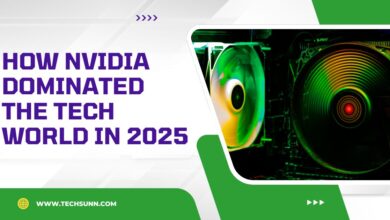

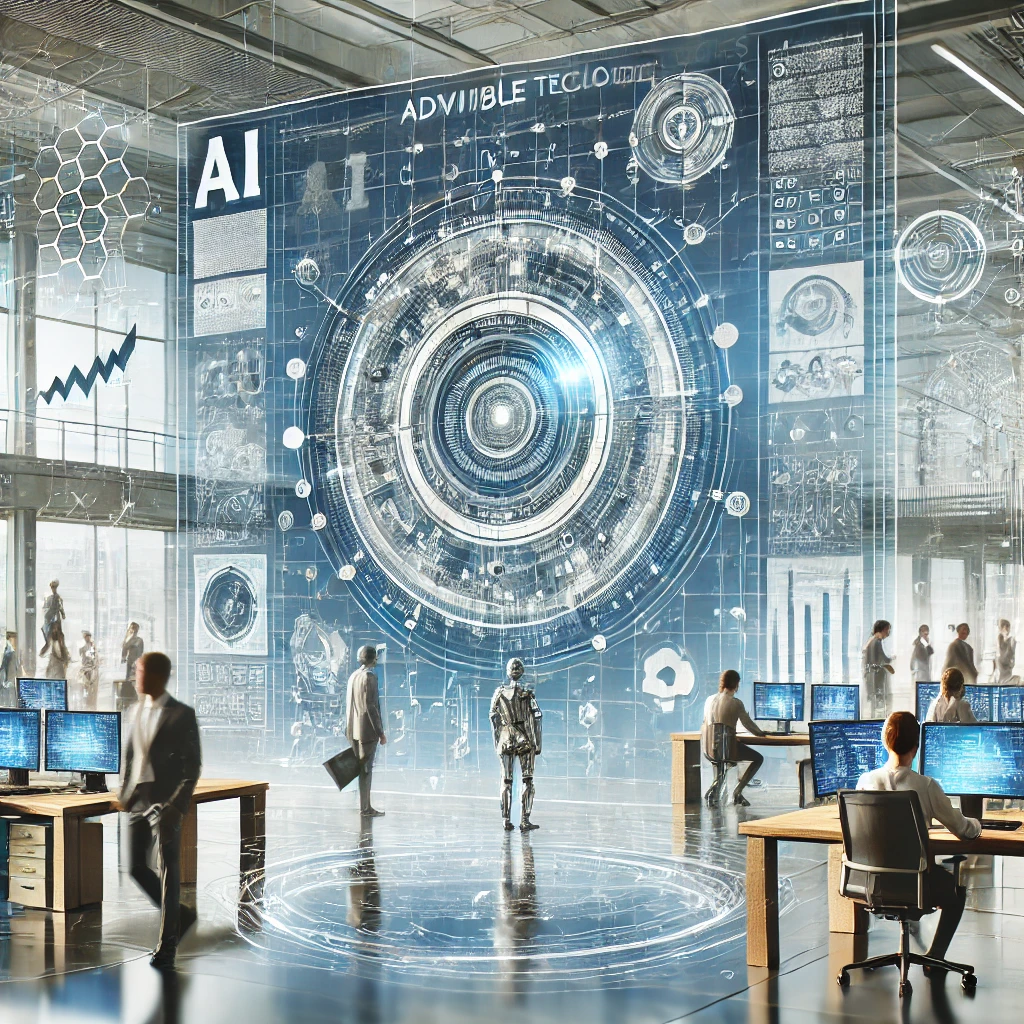
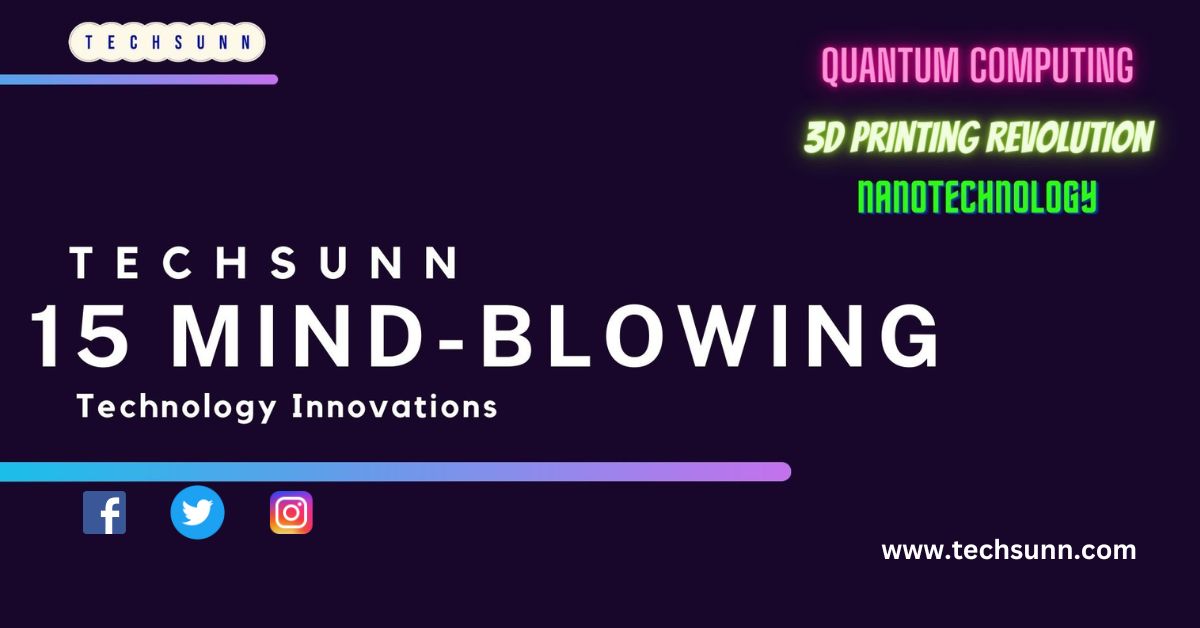
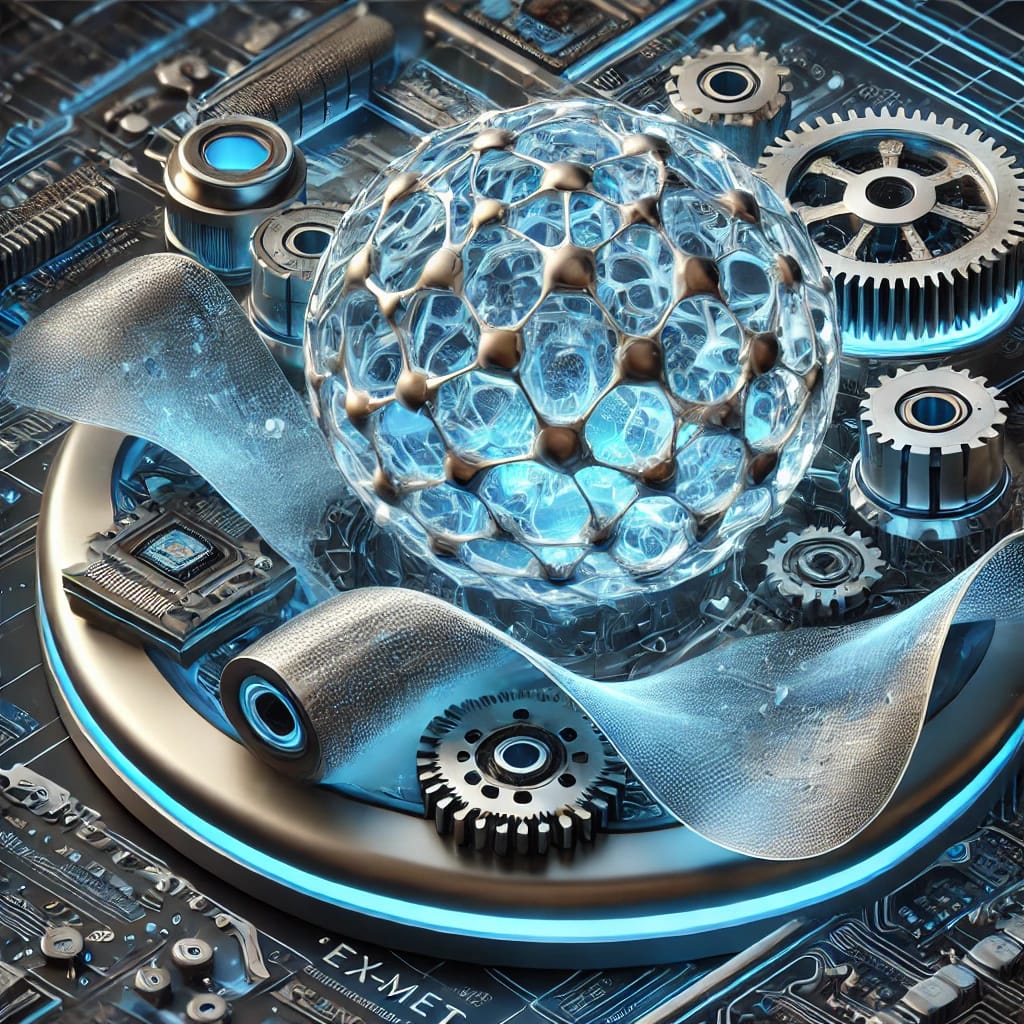
Very interesting information